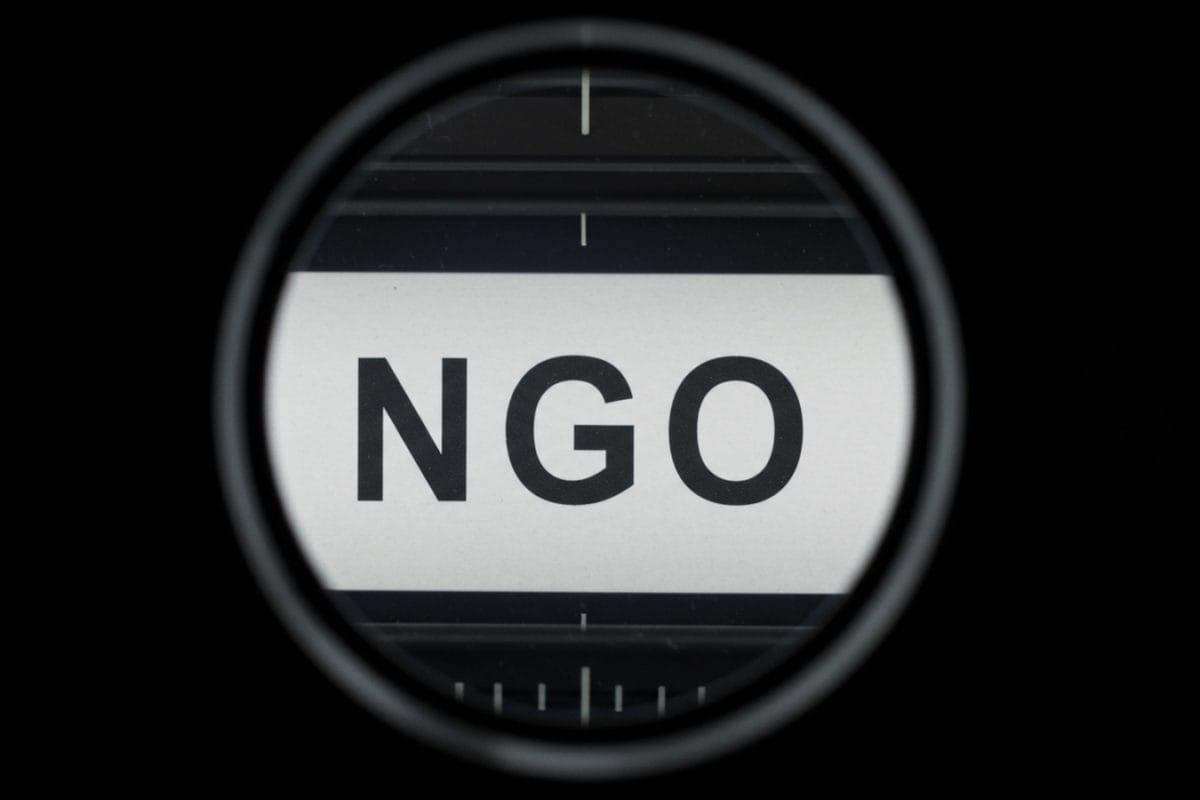

The Madras High Court has recently asserted that Non-Governmental Organizations (NGOs) should not be automatically viewed with suspicion simply because they receive foreign funding. Justice Anand Venkatesh made this observation while hearing a petition by two sister organizations, the Sharma Centre for Heritage Education and the Ellen Sharma Memorial Trust, who were challenging the Ministry of Home Affairs' (MHA) decision to deny the renewal of their registration under the Foreign Contribution Regulation Act (FCRA).
The court emphasized that unless there is concrete evidence indicating misuse of foreign contributions or activities detrimental to public or national interest, NGOs should not be treated with distrust. Justice Venkatesh stated that many Persons of Indian Origin (PIOs) living abroad donate money to help India, and this alone should not raise concerns. He added that authorities should maintain an open mind while dealing with institutions working for charitable purposes, especially when funds are contributed by Indians settled abroad to support social welfare.
The Sharma Centre for Heritage Education and the Ellen Sharma Memorial Trust have been working since 1982 to improve children's education and health, relying heavily on foreign donations to establish schools and health centers in and around Chennai. The government argued that the organizations had violated FCRA rules by moving funds among themselves without prior permission, a violation of Section 7 of the FCRA, which was amended in 2020.
However, the court found that the rejection letter did not clearly explain the reasons for the denial and that the trusts had not been properly informed about the rule changes made in 2020. Justice Venkatesh observed that the 2020 amendment, which mandates prior permission for fund transfers between NGOs, only applied from October 2020 onwards. Before this amendment, there was no need for prior approval to share funds among related NGOs. The court accepted that the trust may have made a genuine mistake due to a lack of awareness about the legal change.
The court also highlighted that there was no material to show that the foreign contribution was misused. The foreign contributions were not diverted, misused, or utilized for any other purpose against national interest, personal gain, or undesirable purposes. The court noted that rejecting the renewal based on procedural lapses without any evidence of misuse of funds would result in unnecessary hardship and even the closure of institutions providing essential services to children.
The court quashed the government's rejection and directed the authorities to process the FCRA renewal application within four weeks. The court also made it clear that the authorities were wrong in their view that they need not communicate the reasons for refusal to grant the certificate.
In 2020, the Union government amended the FCRA to extend tighter control over how NGOs use foreign funds. Since then, several NGOs have alleged that the government has been using the law to target organizations they do not agree with. Several NGOs, including those focused on human rights, have faced license cancellations or non-renewals under this Act.
The Madras High Court's ruling reinforces the importance of balancing the regulation of foreign contributions for national security with the encouragement of genuine philanthropic activities. The court's judgment sends a strong message that NGOs committed to public welfare should not be harassed without cogent evidence of wrongdoing. The decision emphasizes that procedural irregularities alone, without substantive misconduct, cannot justify the denial of registration under the FCRA. The government must handle cases related to charitable institutions receiving foreign funding with an "open mind" unless there are serious violations or misuse.